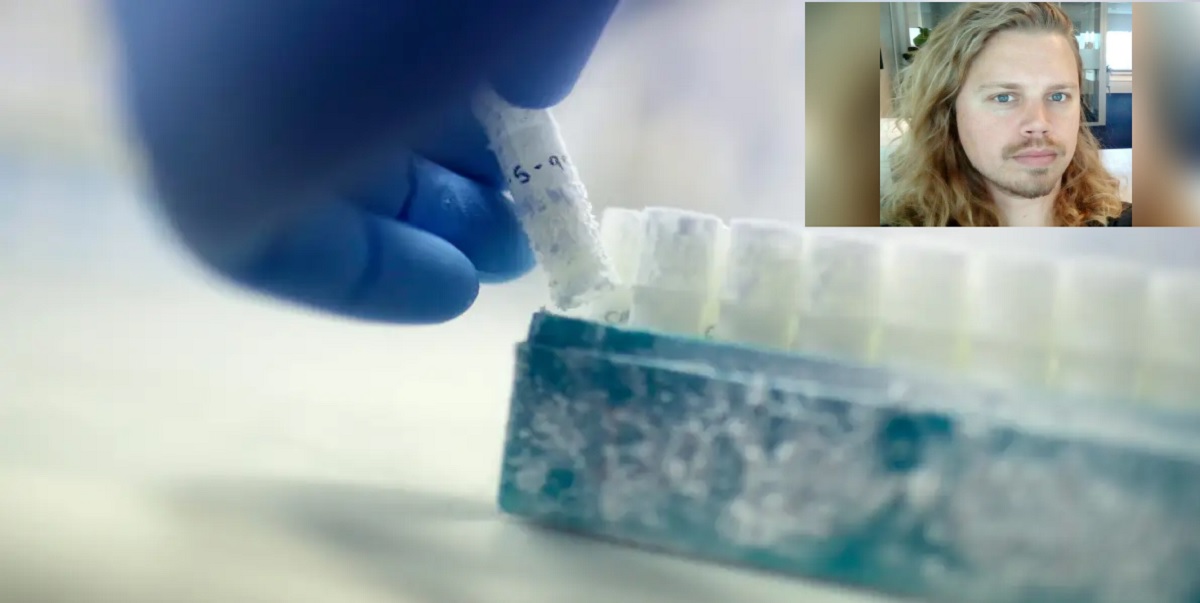A court in the Netherlands has banned a man, known as Jonathan M., from donating his sperm after he fathered at least 550 children across the country and other nations. The decision came after a legal injunction was brought forward by a foundation representing parents and a mother of a child conceived with his sperm. The court found Jonathan M. guilty of misleading prospective parents about the number of offspring he had helped to conceive. The Sperm donor provided his sperm to Dutch fertility clinics, a clinic in Denmark, and people he met through online forums and advertisements.
Introduction
Sperm donation is an option for many couples who struggle with fertility issues. While this process is a noble way of helping others in need, it comes with its own set of rules and regulations. A recent case of a Dutch sperm donor, Jonathan M., has raised concerns about the regulations around sperm donation. Jonathan M. is known to have fathered over 550 children, which poses a significant risk of accidental incest. The article covers the legal proceedings against Jonathan M., the impact of his actions on parents and children, and the need for tighter regulations.
Background Information
Jonathan M. is a Dutch sperm donor who has fathered at least 550 children across the Netherlands and other countries. He donated his sperm to Dutch fertility clinics, a clinic in Denmark, and individuals he met through online forums and advertisements. The court banned Jonathan M. from donating any more of his sperm after the mother of a child conceived with his sperm and a foundation representing other parents brought an injunction. The court found him guilty of deliberately lying to parents about the number of offspring he had fathered.
Must Read: Pakistan on High Alert After Detection of Monkeypox Cases
Impact of Jonathan M.’s Actions
Jonathan M.’s actions have caused significant distress to parents and children. The court’s decision to ban him from donating his sperm further emphasizes the need for tighter regulations around sperm donation. Jonathan M. misled parents into believing that they were his exclusive clients, which resulted in hundreds of half-siblings being part of a massive kinship network. Under Dutch law, sperm donors are allowed to produce a maximum of 25 children with 12 mothers. The court found that Jonathan M. had exceeded this limit and lied about his donation history.
Legal Proceedings Against Jonathan M.
The Hague District Court heard the civil case against Jonathan M. and found him guilty of misleading parents about the number of offspring he had fathered. The court did not reveal Jonathan M.’s full name, citing Dutch privacy laws. The judge who presided over the case found that Jonathan M. “deliberately lied” about the number of children he had fathered. The court reported that Jonathan M. had provided sperm to Dutch fertility clinics, a clinic in Denmark, and individuals he met through online forums and advertisements.
Need for Tighter Regulations
The case of Jonathan M. has highlighted the need for tighter regulations around sperm donation. The current law in the Netherlands permits sperm donors to produce a maximum of 25 children with 12 mothers. However, this law has not been enforced effectively, leading to individuals like Jonathan M. fathering hundreds of children. Such actions not only increase the risk of accidental incest but also lead to emotional distress for parents and children. The decision to ban Jonathan M. from donating his sperm is a step in the right direction, but more needs to be done to prevent such incidents from happening again.
Final Words
The case of Jonathan M. highlights the need for tighter regulations around sperm donation. His actions have resulted in hundreds of half-siblings, which poses a significant risk of accidental incest. The decision to ban him from donating his sperm is an important step in protecting parents and children from such risks.




